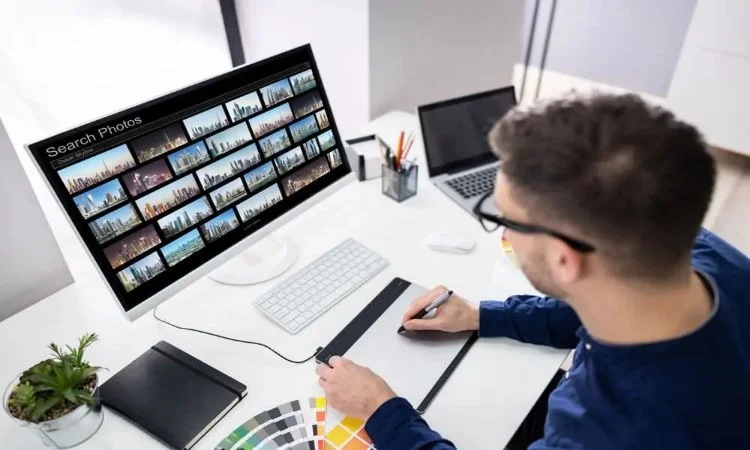When someone clicks “play,” they expect it to work. No buffering. No crashes. No weird glitches halfway through the video. And if they open a streaming app and can’t find the show they were watching last night, they don’t complain. They just leave Entertainment Platforms.
That’s the reality for entertainment platforms today. Viewers, listeners, and users won’t wait around for things to improve. Experience is everything.
Which is exactly why digital engineering services are taking center stage. The flashy content might get people through the door. But it’s what happens behind the scenes that keeps them around.
Everyone Competes With Everything Now
Back when people watched TV at scheduled times, the stakes were different. Now, a game, a series, a podcast, and a mobile game are all competing for the same 45-minute window of attention.
If your app crashes during that window, you lose the viewer. Not just today, but maybe for good.
Digital engineering helps platforms stay stable under pressure. It’s the reason why one service handles a million logins during a sports final without breaking, while another struggles with basic playback on a Tuesday night.
This isn’t about bells and whistles. It’s about keeping the experience strong when it matters most.
Discover related reads designed to guide your steps with clear, smart strategies.
Personalization That Actually Works
Everyone talks about recommendations, but let’s be honest—most platforms get it wrong. People see the same suggestions over and over. Or worse, they finish a show and get served something totally off-base.
The problem isn’t a lack of data. It’s that the systems behind the recommendation engine aren’t pulling from the right places, or aren’t learning fast enough.
With smarter engineering, platforms can fine-tune how suggestions are generated. They can adapt based on mood, time of day, past behavior, or even what device the person is using. When it works, users don’t notice. They just keep watching.
Don’t Let Search Be the Weakest Link
One of the fastest ways to lose someone is to make it hard to find what they want. A show is available, but it doesn’t appear in search. A podcast loads on desktop, but not in the mobile app. A game’s newest update is buried under menus.
These small things add up.
Digital engineering helps unify systems so they talk to each other. That way, users aren’t stuck dealing with the seams between teams, tools, or content databases.
They search. They find. They stay.
Scaling Isn’t Just About Servers
Yes, traffic matters. But the challenge of scaling isn’t just about keeping servers online. It’s about making sure every piece of the experience holds up under strain.
That could mean optimizing how metadata loads across regions. Or reducing how much data is needed to deliver high-quality streaming in low-bandwidth areas.
When engineering teams think about scale holistically—not just technically—it results in smoother launches, better uptime, and happier users around the world.
The Content Isn’t the Problem. The Delivery Is
Most entertainment brands aren’t struggling because they lack content. They’re struggling because they can’t deliver it reliably, consistently, or in a way that feels current.
Maybe the app design hasn’t been touched in years. Maybe the feedback system is broken. Maybe support tickets sit unanswered because the tools aren’t built to handle volume.
This is where engineering matters. Fixing the pipelines. Rebuilding the systems. Making sure what’s great about the content doesn’t get lost in a bad experience.
Partners like Sutherland Global work with media and entertainment brands to clean up the tech stack, refactor aging systems, and roll out improvements without disrupting users along the way.
One Final Note
Entertainment doesn’t get second chances. If your app stutters, if the stream fails, if a favorite show is missing when someone’s ready to relax, they move on.
Digital engineering services help prevent those drop-off moments. They don’t chase trends. They strengthen the foundation, so every new release, every live event, every login works the way it’s supposed to.
It’s not about being the flashiest platform. It’s about being the one people can rely on.
Expand your toolkit—explore more posts that bring fresh clarity and direction.







